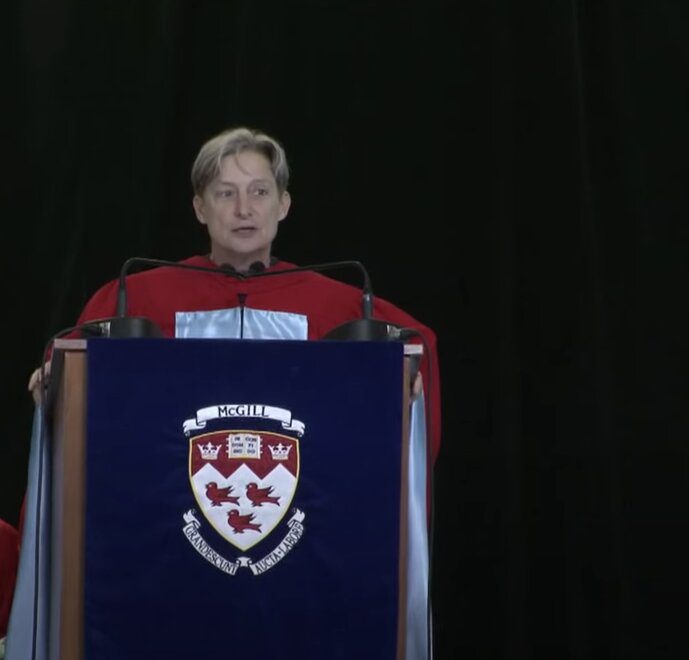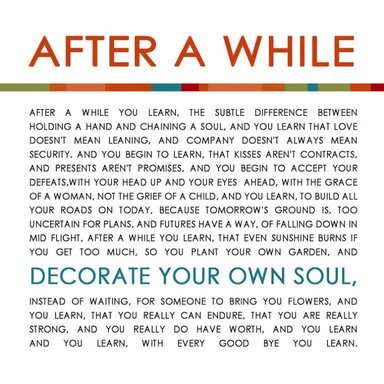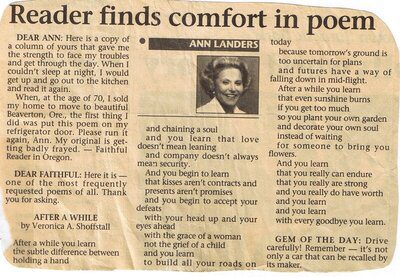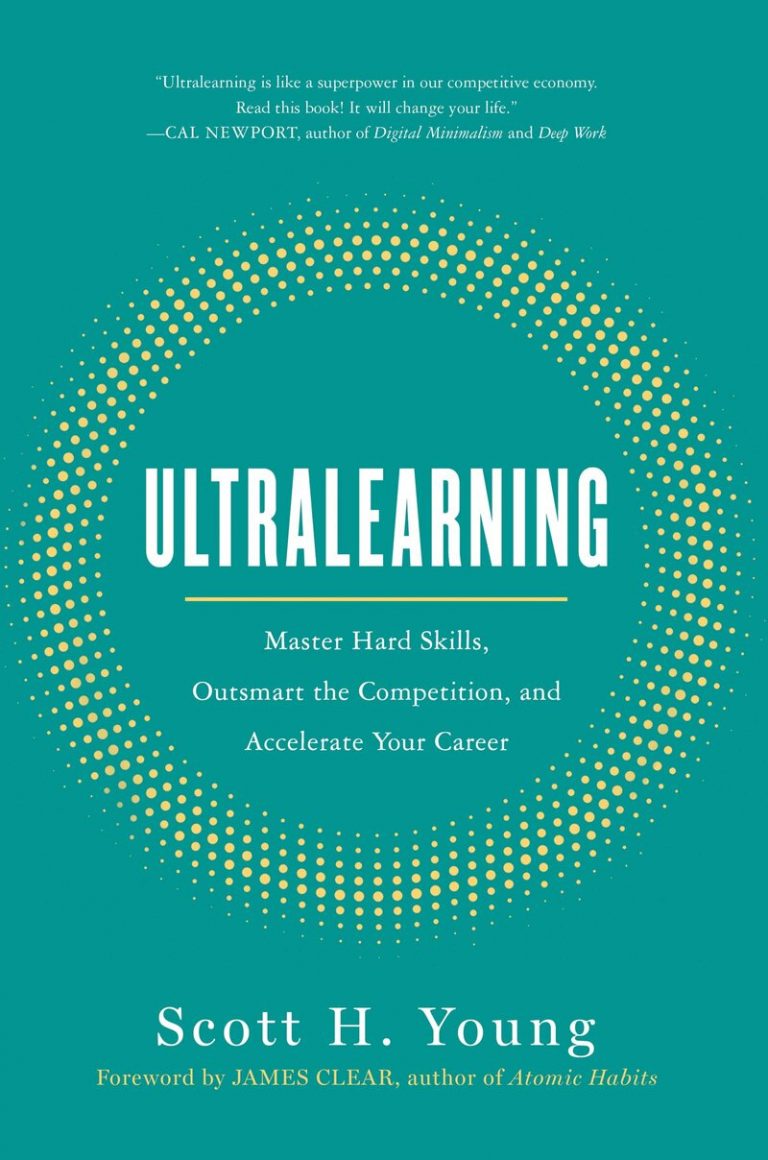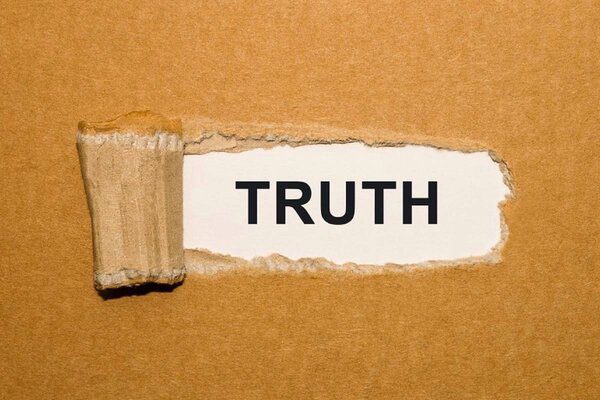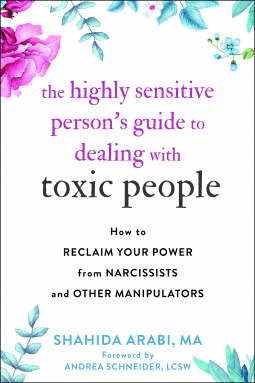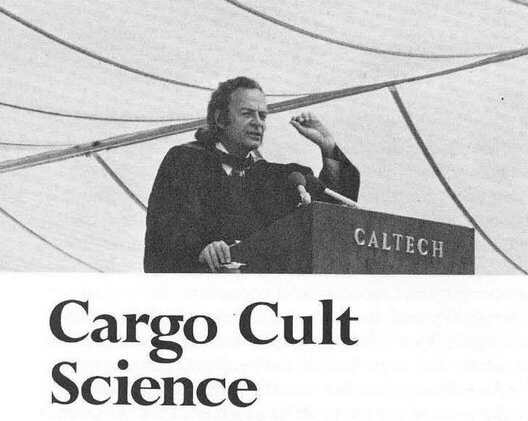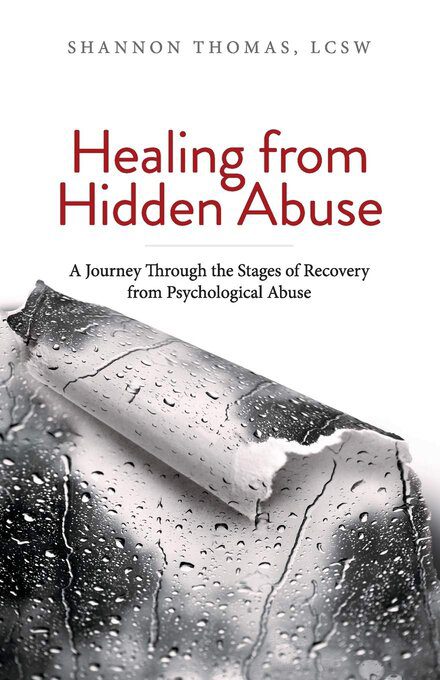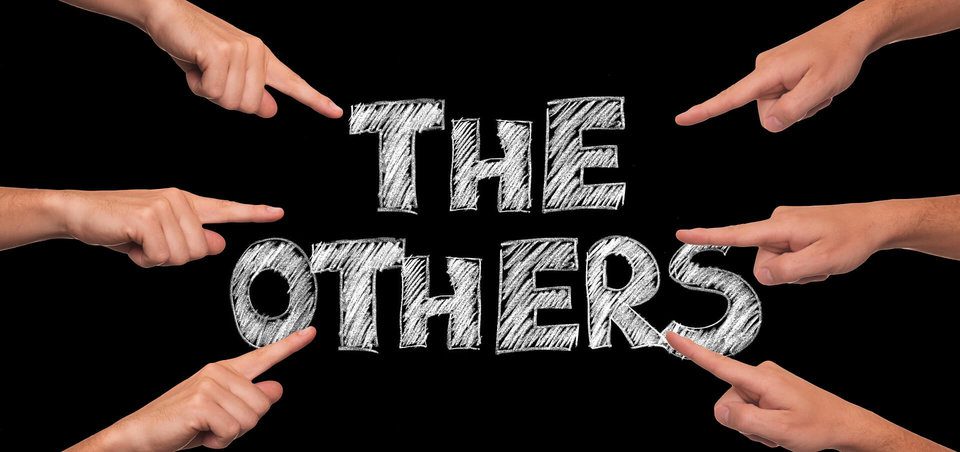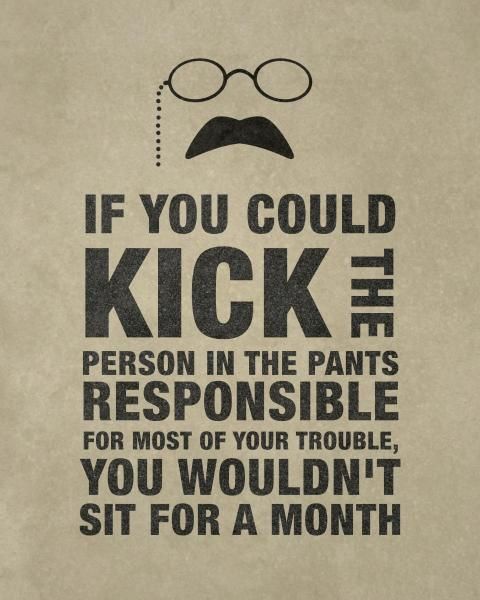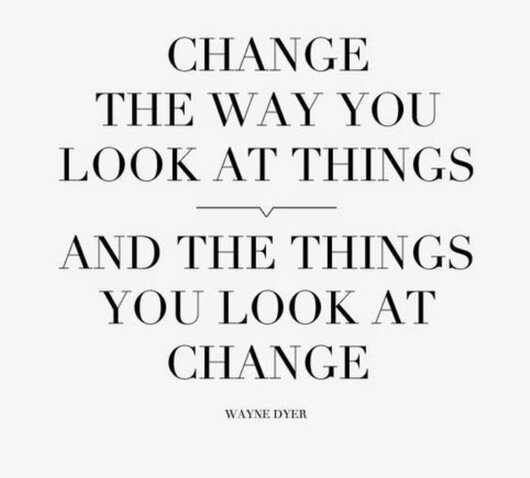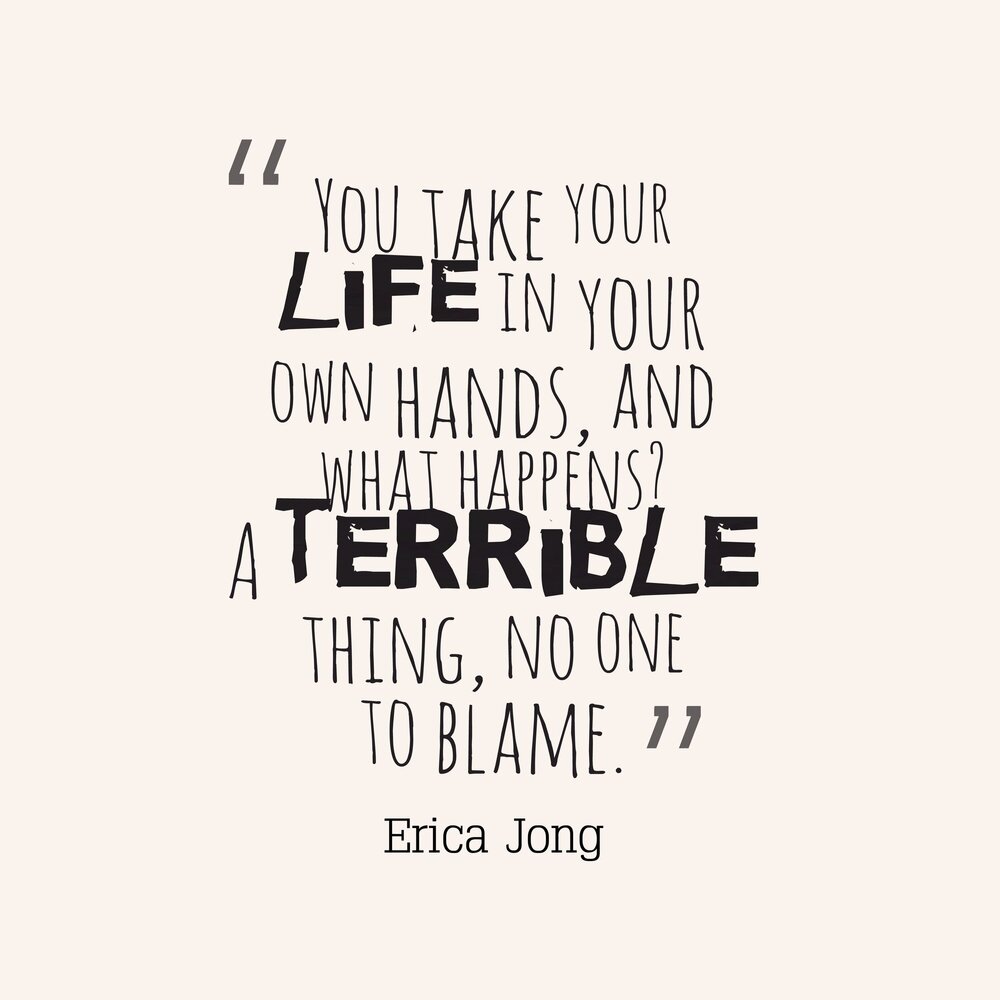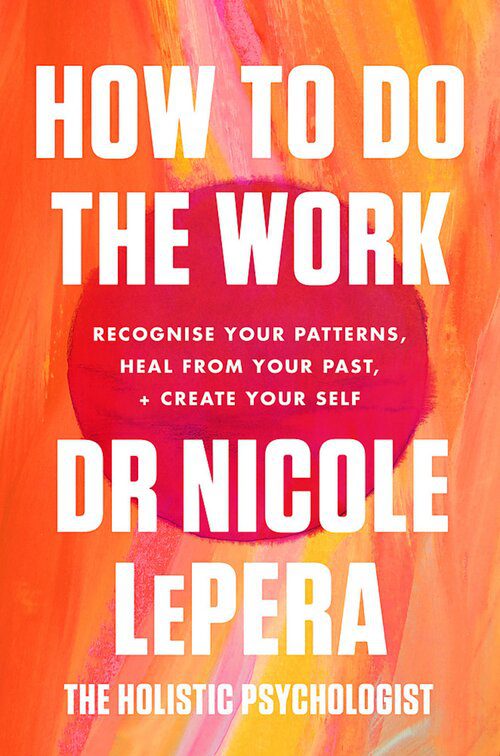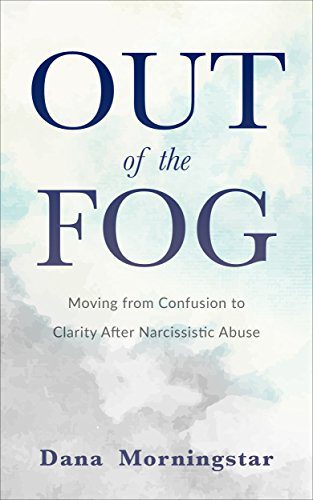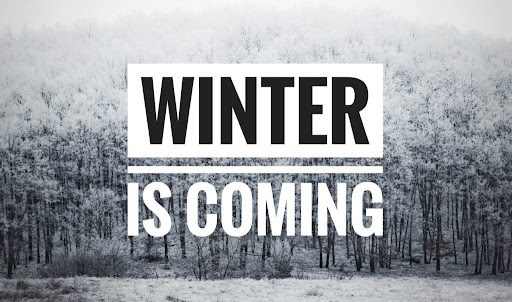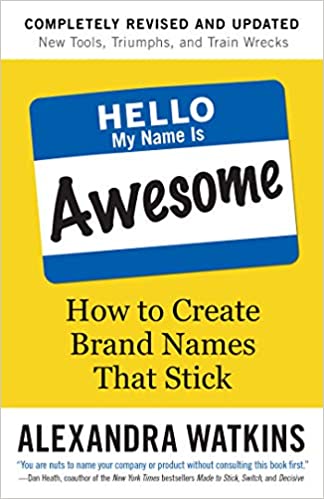The poem “After a while” is mostly attributed to Veronica A. Shoffstall and a Spanish version attributed to Jorge Luis Borges.
After a while you learn
The subtle difference between
Holding a hand and chaining a soul
And you learn that love doesn’t mean leaning
And company doesn’t always mean security.
And you begin to learn
That kisses aren’t contracts
And presents aren’t promises
And you begin to accept your defeats
With your head up and your eyes ahead
With the grace of a woman*
Not the grief of a child*
And you learn
To build all your roads on today
Because tomorrow’s ground is
Too uncertain for plans
And futures have a way
Of falling down in mid flight
After a while you learn
That even sunshine burns if you get too much
So you plant your own garden
And decorate your own soul
Instead of waiting
For someone to bring you flowers
And you learn
That you really can endure
That you are really strong
And you really do have worth
And you learn and you learn
And with every day, you learn.
Aprendiendo by Jorge Luis Borges.
“Después de un tiempo, uno aprende la sutil diferencia entre sostener una
mano y encadenar un alma.
Y uno aprende que el AMOR no significa acostarse.
Y que una compañía no significa seguridad, y uno empieza a aprender ….
Que los besos no son contratos y los regalos no son promesas, y uno empieza
a aceptar sus derrotas con la cabeza alta y los ojos abiertos, y uno aprende
a construir todos sus caminos en el hoy, porque el terreno del mañana es
demasiado inseguro para planes … y los futuros tienen su forma de caerse
por la mitad.
Y después de un tiempo uno aprende que, si es demasiado, hasta el calor del
Sol puede quemar.
Así que uno planta su propio jardín y decora su propia alma, en lugar de
esperar a que alguien le traiga flores.
Y uno aprende que realmente puede aguantar, que uno es realmente fuerte, que
uno realmente vale, y uno aprende y aprende … y así cada día.
Con el tiempo aprendes que estar con alguien, porque te ofrece un buen
futuro, significa que tarde o temprano querrás volver a tu pasado.
Con el tiempo comprendes que sólo quien es capaz de amarte con tus defectos
sin pretender cambiarte, puede brindarte toda la felicidad.
Con el tiempo te das cuenta de que si estás con una persona sólo por
acompañar tu soledad, irremediablemente acabarás no deseando volver a verla.
Con el tiempo aprendes que los verdaderos amigos son contados y que quien no
lucha por ellos tarde o temprano se verá rodeado sólo de falsas amistades.
Con el tiempo aprendes que las palabras dichas en momentos de ira siguen
hiriendo durante toda la vida.
Con el tiempo aprendes que disculpar cualquiera lo hace, pero perdonar es
atributo sólo de almas grandes.
Con el tiempo comprendes que si has herido a un amigo duramente, es muy
probable que la amistad jamás sea igual.
Con el tiempo te das cuenta que aun siendo feliz con tus amigos, lloras por
aquellos que dejaste ir.
Con el tiempo te das cuenta de que cada experiencia vivida con cada persona
es irrepetible.
Con el tiempo te das cuenta de que el que humilla o desprecia a un ser
humano, tarde o temprano sufrirá multiplicadas las mismas humillaciones o
desprecios.
Con el tiempo aprendes a construir todos tus caminos en el hoy, porque el
sendero del mañana no existe.
Con el tiempo comprendes que apresurar las cosas y forzarlas a que pasen,
ocasiona que al final no sean como esperabas.
Con el tiempo te das cuenta de que en realidad lo mejor no era el futuro,
sino el momento que estabas viviendo justo en ese instante.
Con el tiempo verás que aunque seas feliz con los que están a tu lado,
añorarás a los que se marcharon.
Con el tiempo aprenderás a perdonar o pedir perdón, decir que amas, decir
que extrañas, decir que necesitas, decir que quieres ser amigo, pues ante
una tumba ya no tiene sentido.
Pero desafortunadamente, sólo con el tiempo…
